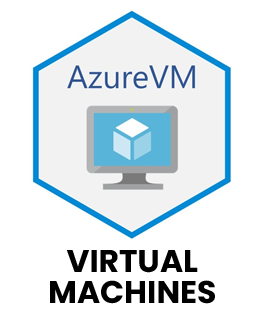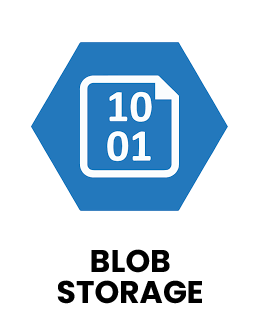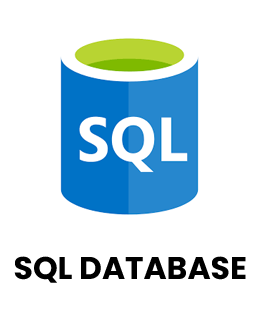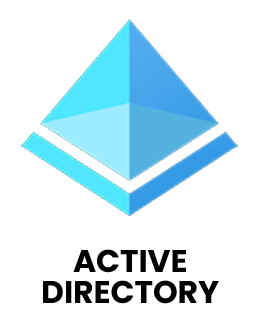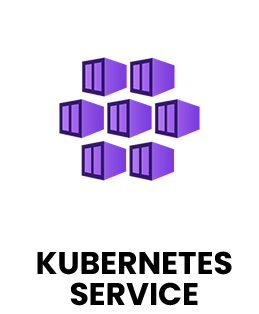Attend Microsoft Azure training in ACTE. Our training is configured to allow you to get the most out of your Azure class. Gain the knowledge needed to build and run highly available applications in windows azure. You can build applications and you can integrate your public cloud applications with your existing IT envorinment.Enroll Now with us ACTE Microsoft Azure Classroom & Online Training Course.
Microsoft on the other hand is highly committed to dominate the cloud business and is shifting towards an open source approach. Partnering with popular companies like Docker.So choosing Azure as a career option will be certainly beneficial and a smart choice in longterm.
In Azure, you can specify a scope at multiple levels: management group, subscription, resource group, or resource. Scopes are structured in a parent-child relationship.
One of the most popular job roles related to the Microsoft Azure platform is the Azure administrator role. Since Azure is continuously expanding its collection of cloud services, companies can move faster in their digital transformation journey. Therefore, IT professionals can secure promising advantages for their careers by acquiring Azure skills. The following discussion will take you through essential concerns on how to become Azure Administrator. So, let’s get ahead!.
We are happy and proud to say that we have strong relationship with over 700+ small, mid-sized and MNCs. Many of these companies have openings for MicroSoft Azure analyst. Moreover, we have a very active placement cell that provides 100% placement assistance to our students. The cell also contributes by training students in mock interviews and discussions even after the course completion.
The programs that we are writing are very similar to their counterparts in several other languages, so our choice of language is not crucial. We use MicroSoft Azure because it is widely available, widely used, embraces a full set of modern abstractions, and has a variety of automatic checks for mistakes in programs, so it works well for students learning to program. There is no perfect language and you certainly will find yourself programming in other languages in the future.
- Dev Ops: In this you must have some programming background to understand and then keep on building it up. It could be for web apps, mobile, or universal apps.
- Infrastructure support: If you understand servers and on-premise installations or IaaS then you can get started here. It about optimising the infrastructure at the core of applications running on them
- Sales/Pre-Sales: Understanding the platform as a whole and working with subject matter experts to pitch it to customers and solve their business problems
Strictly speaking you don't need any programming skills to learn Azure. But first, let's understand that Azure is a platform and has many parts, you work and do many things in Azure without writing any code.
Our courseware is designed to give a hands-on approach to the students in MicroSoft Azure. The course is made up of theoretical classes that teach the basics of each module followed by high-intensity practical sessions reflecting the current challenges and needs of the industry that will demand the students’ time and commitment.
As per the IT industry, Microsoft has come up with various Azure Certifications. As per the current market trend, IT professionals with knowledge and experience in Azure are in high demand. Based on the job role, professionals can decide their certification in Azure. Microsoft offers MCSA and MCSE certification specializations in Azure and individuals can upgrade their skills with the below mentioned certifications.
Learning fundamentals of azure infrastructure and becoming job ready will take 1–2 weeks depending on your basic uderstanding of networks , servers etc..get a clear understanding of basic concepts..create a free account and practise. Learn benefits and disadvantages of cloud computing and azure, learn cost implementation of azure,learn about azure services, VM’s,storage,backup, workloads automation,ARM etc.
- Adaptability
- Better Integration Possibility
- DevOps
- .Net Support
- Security Offering
- Hybrid Capabilities
- Learning Platform
- Enterprise Agreement Clause
- Top Cloud Service Provider
- A Certification to Boost Your Salary and Career
Top 5 Azure DevOps implementation challenges & best practices to overcome them
Few Critical DevOps Implementation Challenges
DevOps is still thriving because of its implementation that helps in faster cloud development. It’s more about how the team adopts the culture, rather than referring to the specific roles. Let’s have a glance at top 5 DevOps challenges.
1. Achieving the Shared Goal of Dev and Op
DevOps denotes the close relationship between development and operation teams. However, both teams have their own goals and challenges. Since both works on Silos, it creates a gap between both teams.
2. Moving away from Legacy System
Older applications and infrastructure can be a knotty even they have served for the years. The lack of support and being not innovative can be challenging in offering customers’ need.
3. Struggling in Adopting Change
DevOps practices cannot be implemented overnight. It’s a continuous and smooth process. It should be an evolution of the existing development practices instead of a new revolution.
4. Define the Processes
It seems that new tools of DevOps solve all the problems. However, they should be integrated correctly, and people should be trained enough. If the correct structure is in place, the team will follow the processes.
5. High Learning Curve of Tools
DevOps has introduced the concepts of continuous development, deployment and reporting. Wide set of tools requires significant training to team and implementation.
There are many DevOps implementation challenges and they vary depending on the platform, processes & tools we utilize. Microsoft Azure is a full-stack platform with DevOps workflow. It supports various known third-party tools to implement DevOps smoothly & effectively. Here some of the best practices of DevOps, to overcome the challenges of Azure DevOps implementation.
Few best practices for successful Azure DevOps implementation
1. Encourage DevOps and develop its culture
Defining the shared goal of development & operations team and achieving them collaborative is significantly important.
2. Adopt flexible DevOps workflows
Azure platform offers integration of various tools for development IDE, sharing code, tracking silos, testing, integration and deployment. Team can choose the tools as per their expertise.
3. Employ Microservices and Containers
Azure encourages utilizing infrastructure as code with microservices & containers for the continuous innovation. It helps adopting the change in the market and customer demands quickly.
4. Adoption of automation
The continuous delivery is only possible if testing, integrating, deployment, and monitoring are automated. Automation enhances the quality and fast delivery to a user by securing the consistency in the result and eliminating silos.
5. Setting up new positions and roles
Creating new “DevOps” titles can encourage people to adopt the change of DevOps and helps building culture. It’s natural tendency of protecting their titles and resulting into more participation and sharing new ideas.



